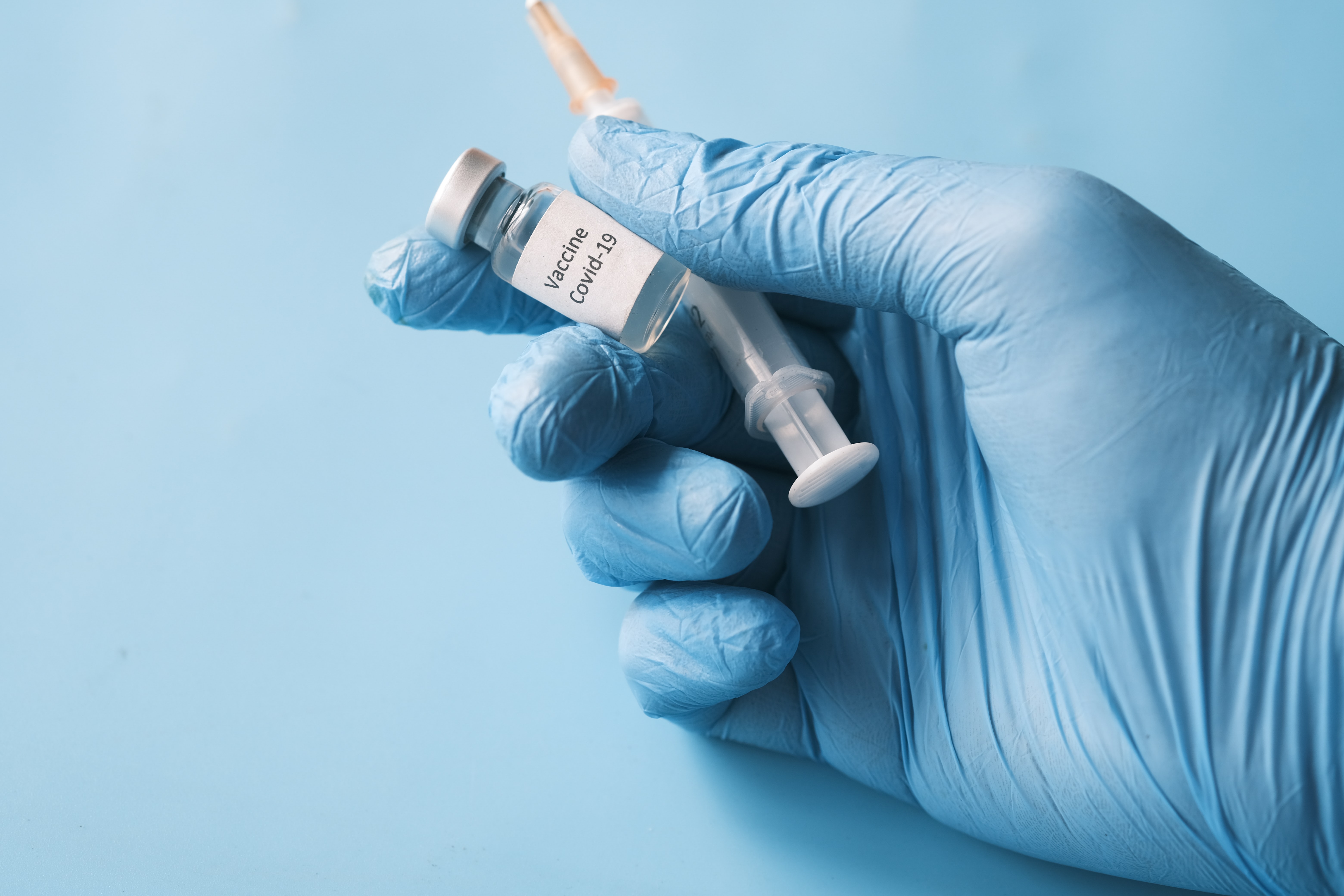News release
From:
News Release Embargoed until Monday, January 30, 2023, 12:01 a.m. ET
90% reduction in COVID-19 deaths after booster dose: Hong Kong study
A booster (third) dose of a SARS-CoV-2 vaccine was associated with a 90% reduction in death in people with multiple health conditions compared to 2 doses, according to a new study from Hong Kong published in CMAJ (Canadian Medical Association Journal).
"We found a substantially reduced risk of COVID-19–related death in adults with multimorbidity who received a homologous booster dose of BNT162b2, an mRNA vaccine, or CoronaVac, an inactivated whole-virus vaccine," writes Dr. Esther Chan, Li Ka Shing Faculty of Medicine, The University of Hong Kong and Laboratory of Data Discovery for Health, Hong Kong, with coauthors. "These results support the effectiveness of booster doses of vaccines of 2 different technological platforms in lowering mortality among those with multimorbidity amid the Omicron epidemic."
As the Omicron (BA.2) variant epidemic hit Hong Kong in late 2021, the city reported the highest COVID-19 mortality rate worldwide relative to its population of 7.5 million people. Since November 11, 2021, older people, health care professionals and other priority groups were able to receive a booster dose of either the BNT162b2 mRNA (Fosun-BioNTech, equivalent to Pfizer-BioNTech outside China) or CoronaVac (Sinovac) vaccine. As of January 1, 2022, all others were eligible, resulting in more than 3 million people receiving booster doses in the first 4 months of 2022.
"Our findings suggest that this timely, massive public health measure has plausibly played a pivotal role in lowering the mortality rate amid the epidemic, especially among people living with multimorbidity," writes Francisco Lai, first author and a scientist at the Li Ka Shing Faculty of Medicine, The University of Hong Kong and Laboratory of Data Discovery for Health, Hong Kong, with coauthors.
Researchers compared data on people aged 18 years or older with 2 or more chronic conditions, such as high blood pressure, diabetes and chronic kidney disease, who received a booster (third) dose between November 11, 2021, and March 31, 2022, compared to people who received only 2 doses. The study included 120 724 recipients of the Pfizer-BioNTech vaccine (87 289 who received a booster) and 127 318 CoronaVac recipients (94 977 who received a booster). There were more deaths among CoronaVac recipients than Pfizer-BioNTech recipients.
The study findings "highlight the potential benefit from booster vaccination, specifically in vulnerable populations living with multimorbidity, and support the recent focus on older people and those with chronic conditions for future booster doses of SARS-CoV-2 vaccines beyond the first booster."
The robust results will contribute to the evidence base that getting boosted provides strong protection against death from COVID-19.
"As the data on SARS-CoV-2 vaccination records used for this study was provided by the sole operator of vaccine roll-out in Hong Kong, with a unified recording system, and with linked clinical records provided by a territory-wide public health care provider, our data should be highly reliable and representative," the authors conclude.
"Booster vaccination with inactivated whole-virus or mRNA vaccines and COVID-19–related deaths among people with multimorbidity: a cohort study" is published January 30, 2023.



 International
International



